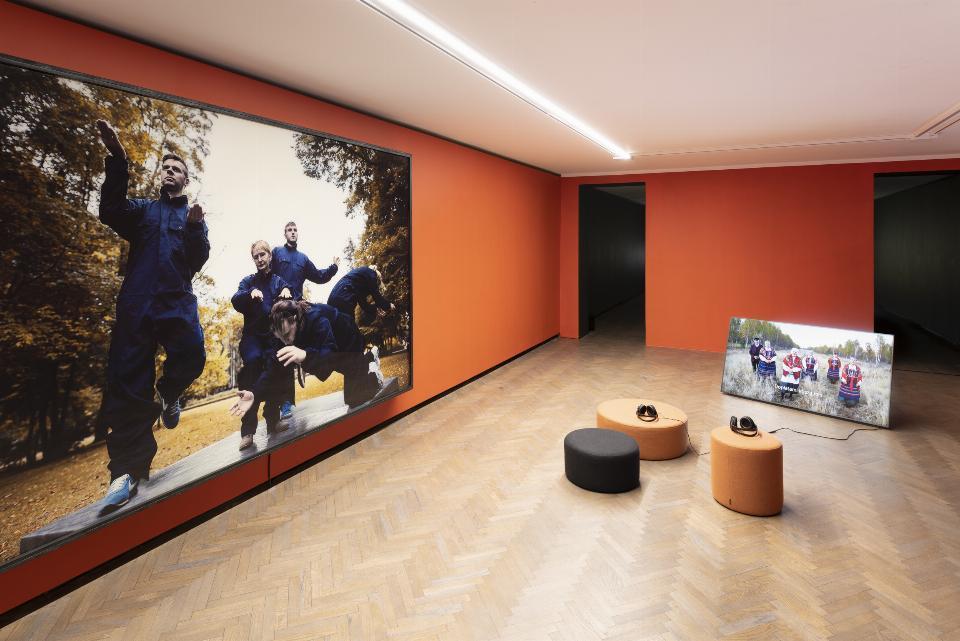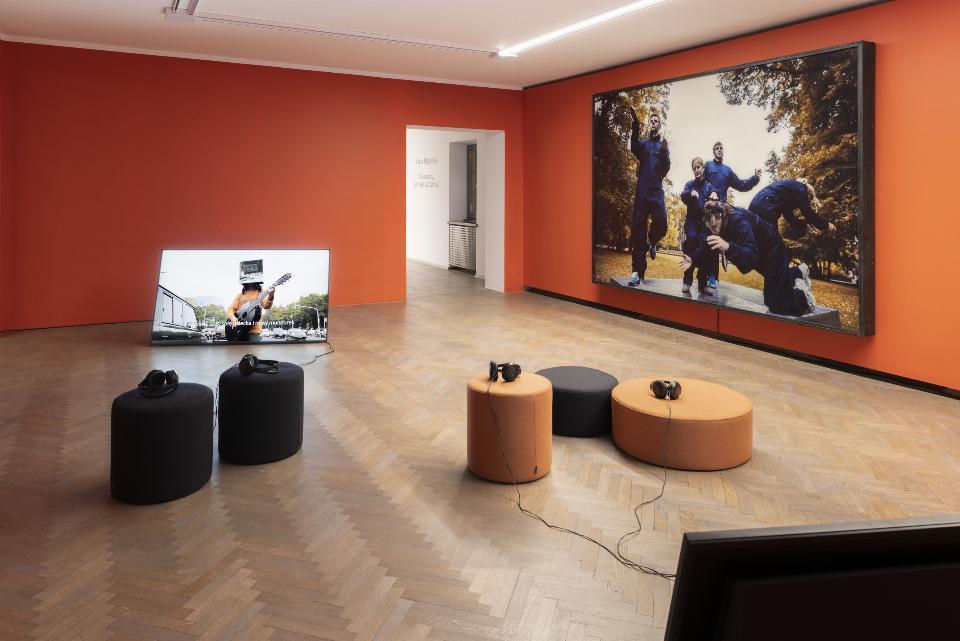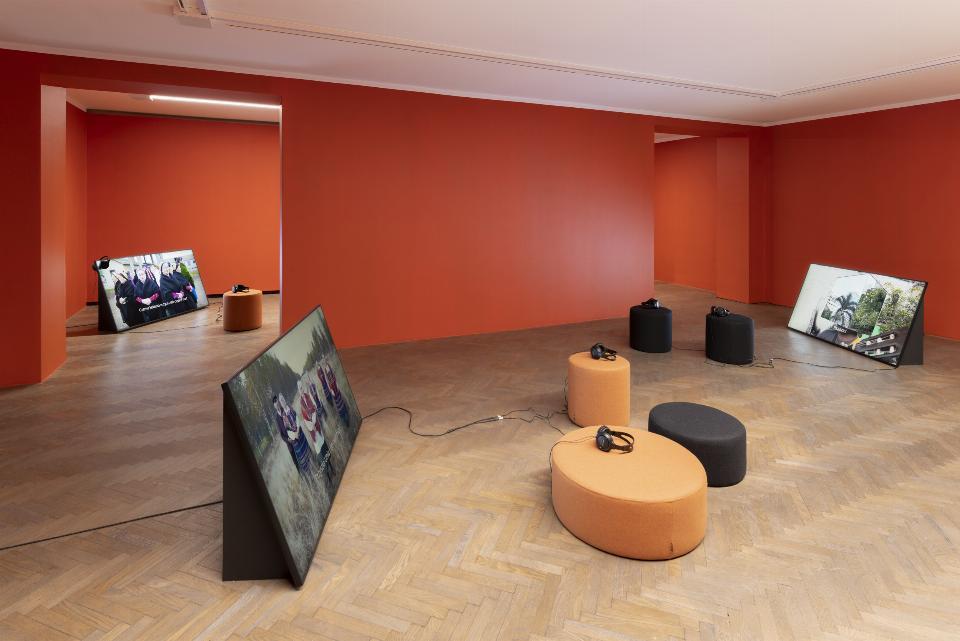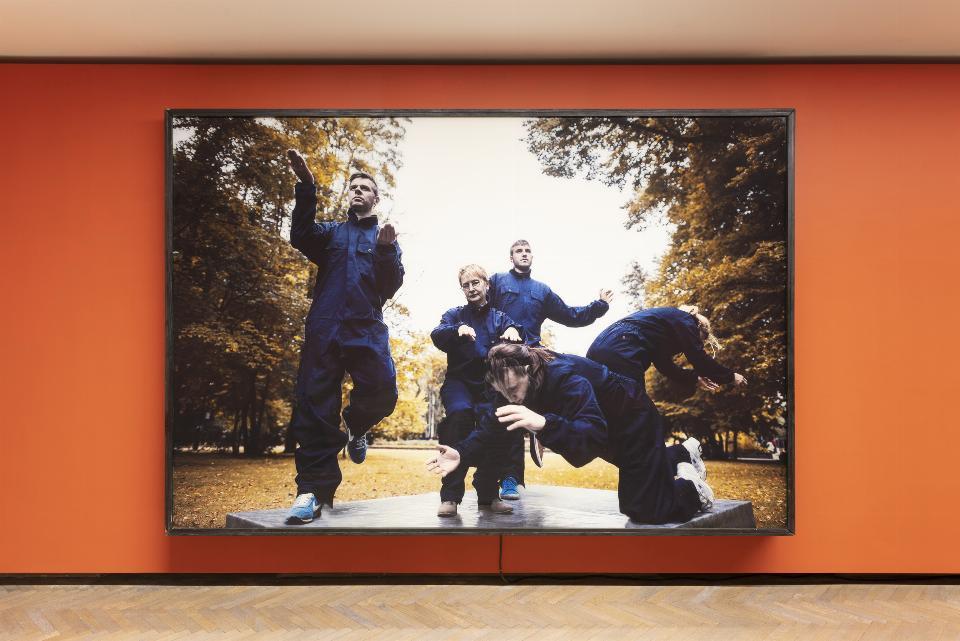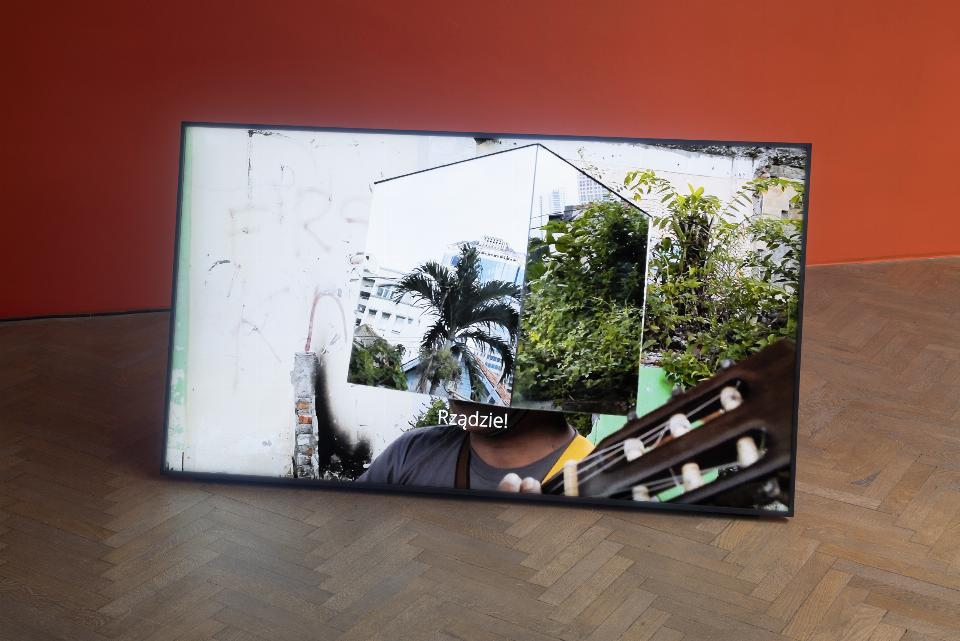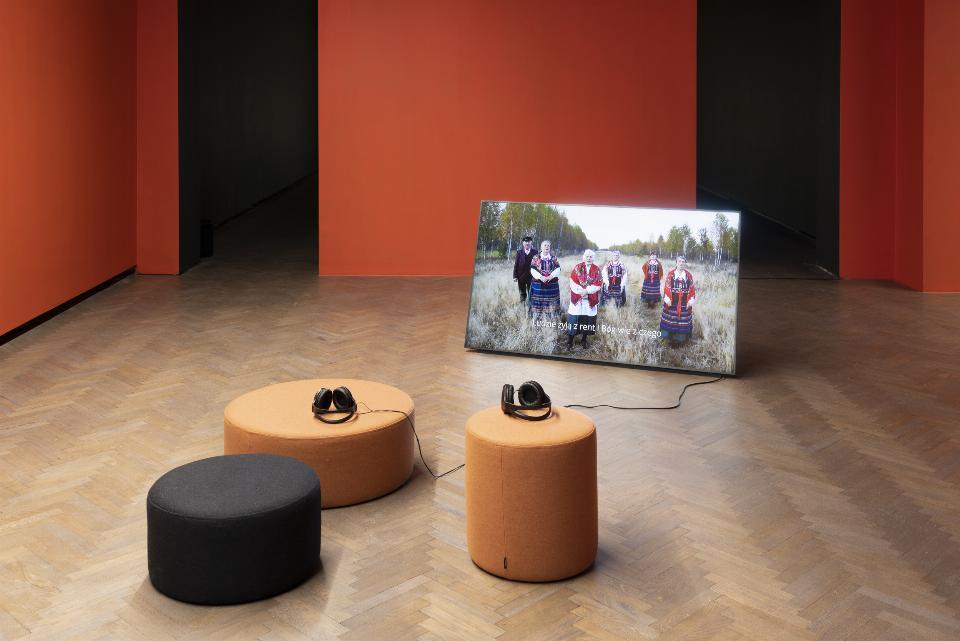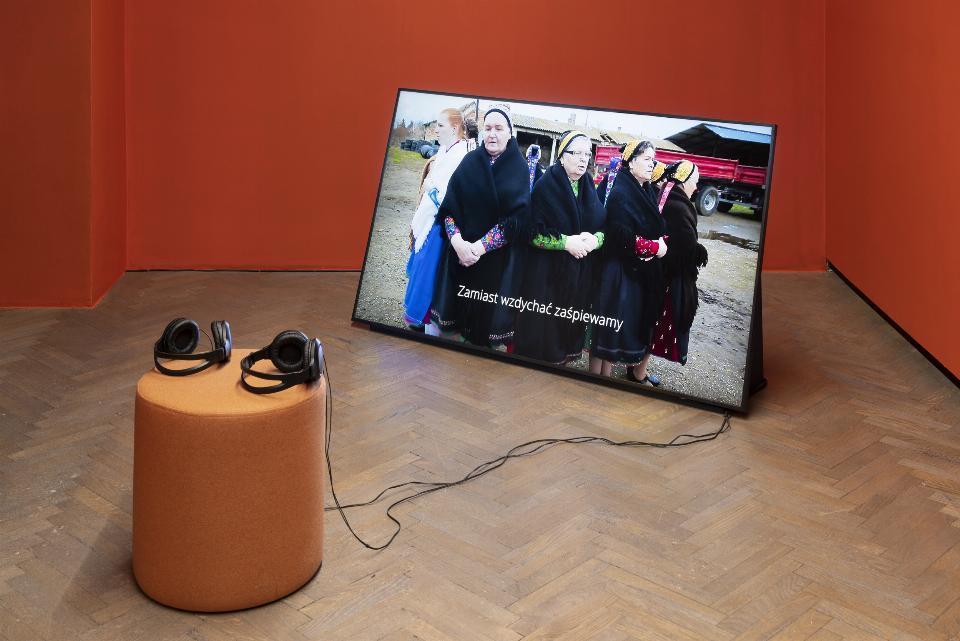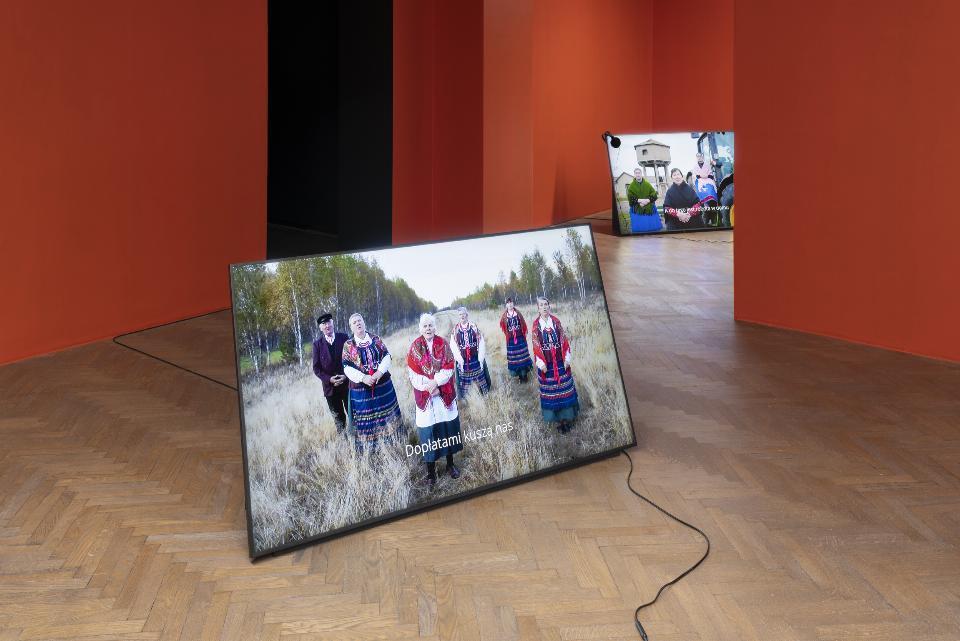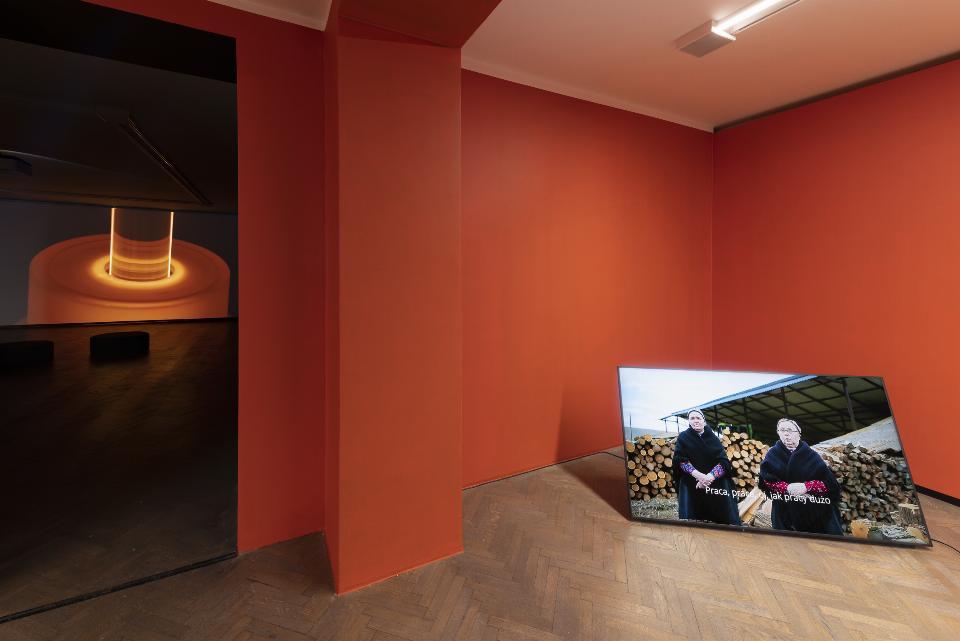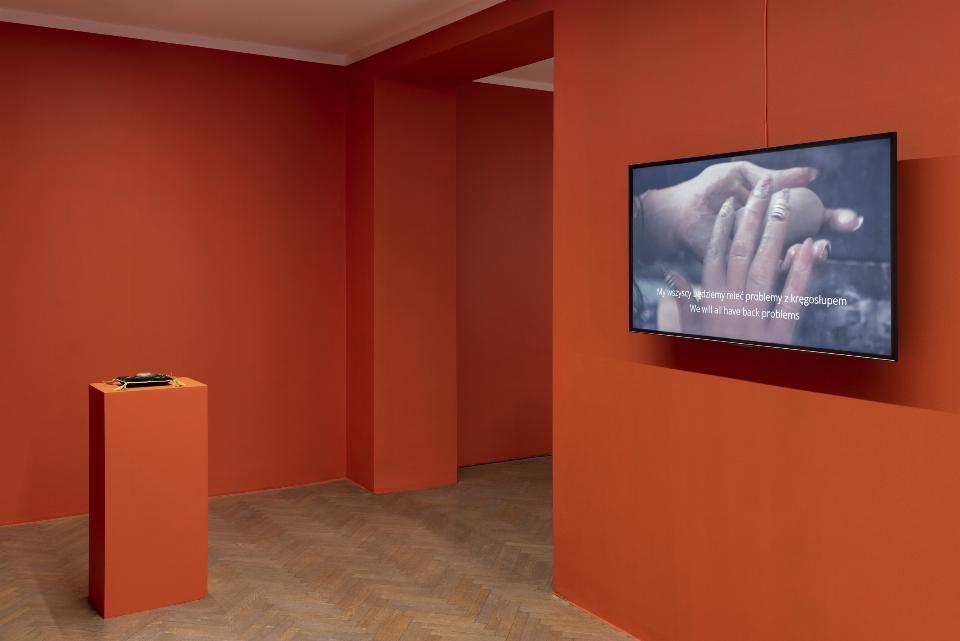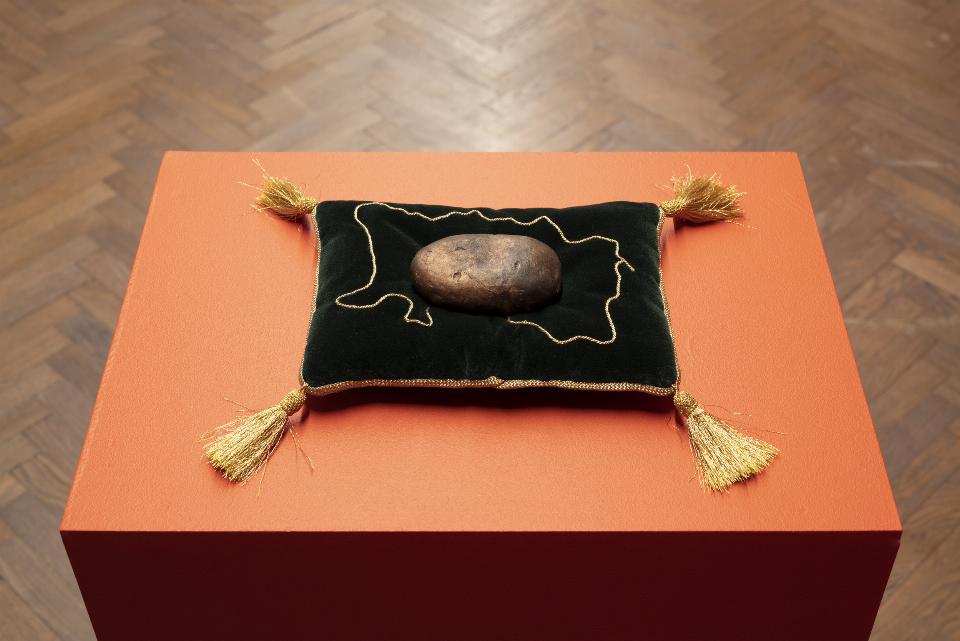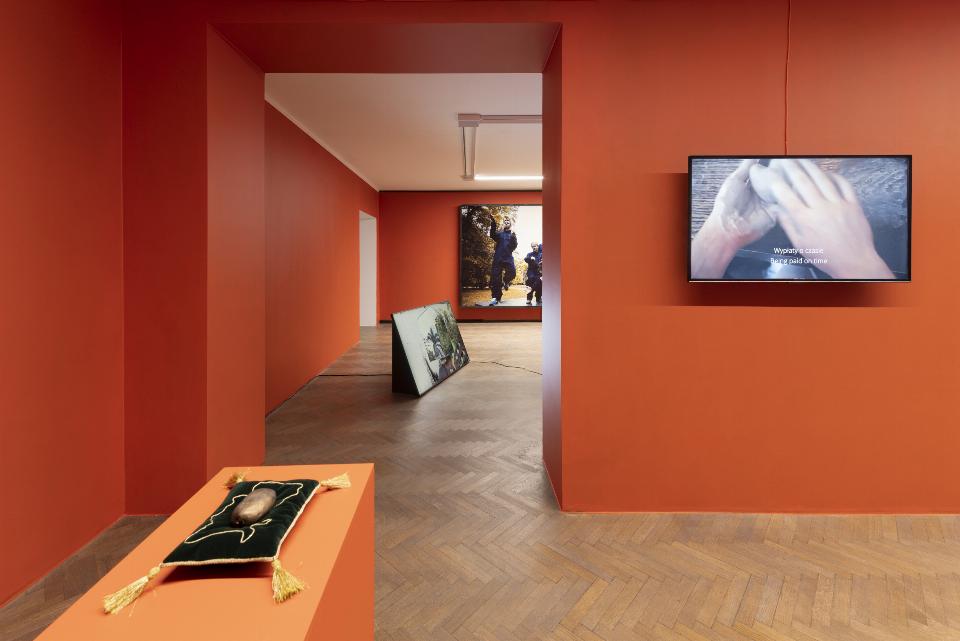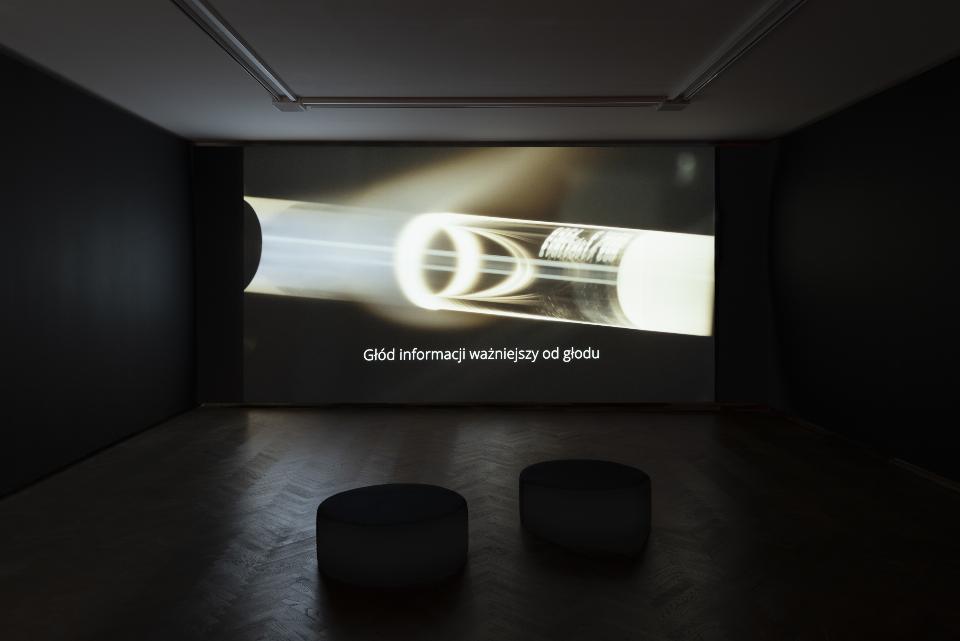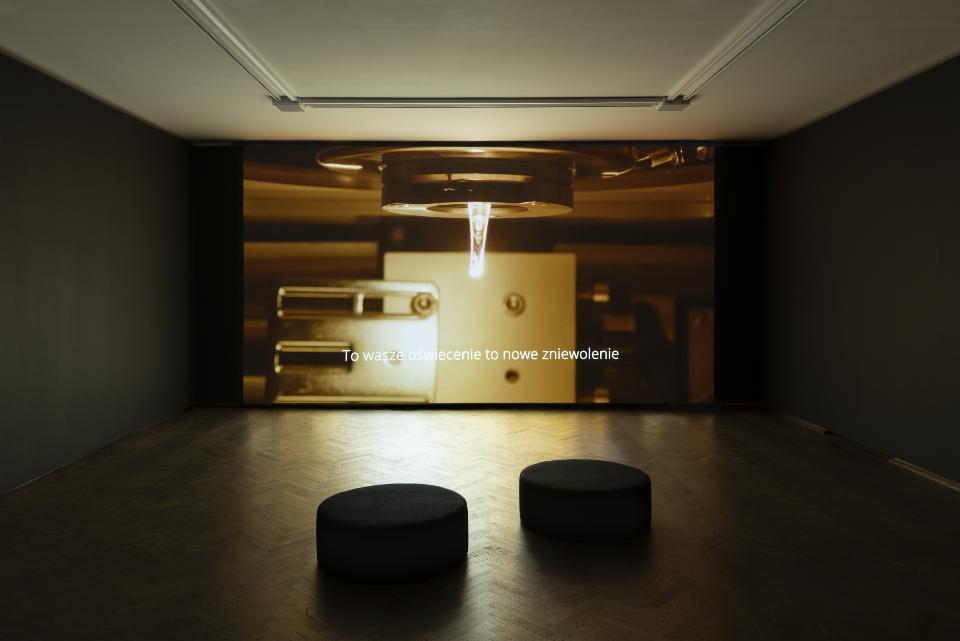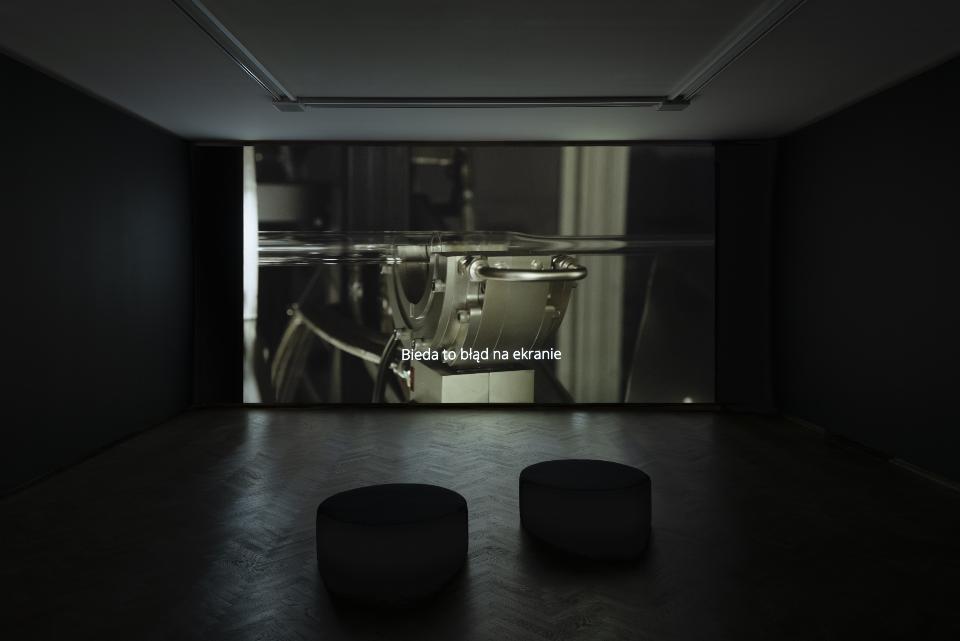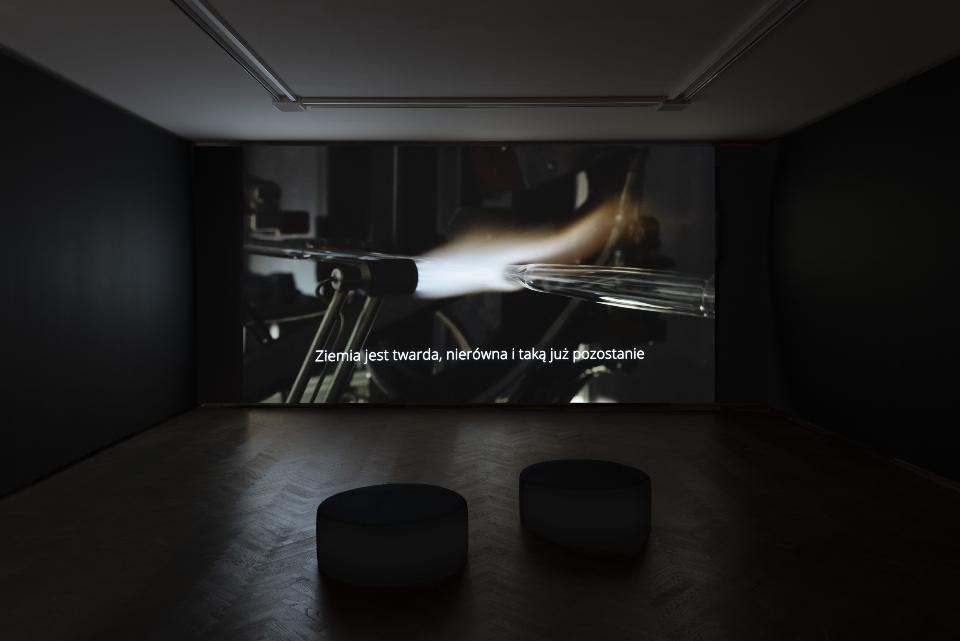Alicja Rogalska. Instead of Sighing We Turn to Singing
Alicja Rogalska
Instead of Sighing We Turn to Singing
2.12.2022–19.01.2023
2.12 (Friday)
6 pm – vernissage
7 pm – a pre-carol singing meeting around the table, prepared by people who help at the border and practise traditional regional songs
(admission free)
3.12 (saturday) 11 am
an author-curator guided tour
(admission included in the price of the exhibition ticket)
Alicja Rogalska is an interdisciplinary artist. Her practice is based on artistic research and collaboration with different communities, with whom she jointly seeks emancipatory narratives. The projects from 2011-2021 collected in the exhibition are united by singing – as a way of telling stories and reclaiming agency. The Georgian Polyphonic Choir, the Women’s Choir from the Hungarian village of Kartal, members of the Union of Street Musicians in Jakarta and the folk singing group “Broniowianki” from Mazovia have over the years created musical projects with the artist to tell stories of contemporary struggles of small communities. To the melodies of folk songs, local love ballads, medieval songs about peasants preparing for armed rebellion against feudal lords, or inspired by political traditions of street music – they sing about the sense of injustice accompanying them today, inequality, economic exploitation and difficult living conditions in a changing socio-political reality. The stories of the depopulated villages of Central Europe are combined with those of Polish seasonal workers earning money with the British potato crop on the island of Jersey. The Royals project, carried out in cooperation with Polish labor migrants – presented in Podlasie, which today faces the humanitarian catastrophe of the Polish-Belarusian border – supplements discussions around the migration crisis with the theme of Polish labor emigration.
Alicja Rogalska comes from the village of Wszerzecz near Lomza, and lives in London and Berlin. She is an author of situations, video works, installations and performances based on context-specific research, collaboration and participation. Her practice centers around the politicity of everyday life and narratives of social alternatives in the context of labor, economics, class, migration and gender. She holds a degree in Cultural Knowledge from the University of Warsaw (2006) and a degree in Fine Arts from Goldsmiths College (2011), where she is currently working on her PhD. Rogalska has been a DAAD Artists-in-Berlin Fellow (2020-21); a resident at Stuart Hall Library (London, 2019), MuseumsQuartier (Vienna, 2018), PARADISE AIR (Matsudo, 2018), IASPIS (Stockholm, 2017), MeetFactory (Prague, 2017) and a recipient of an Artsadmin Fellowship (London, 2016-17). She has recently presented her work at Manifesta 14 (Pristina, 2022), Berlin Art Prize (2022, grand prize), Temporary Gallery (Cologne, 2021-22), Kunsthalle Bratislava (2021), Kunsthalle Wien (2020-21), OFF Biennale (Budapest, 2020-21), Art Encounters Biennale (Timișoara, 2019), Tokyo Photographic Art Museum (2019), Warsaw Biennale (2018), Kyoto Art Centre (2019) and Art Museum in Lodz (2019).
Visual identification of the exhibition: Filip Tofil (syfonstudio.com)
Precarious Monument
Performance realised as part of the Art Loop Festival in Sopot, curated by Roma Piotrowska and Emilia Orzechowska.
Photography: Bogna Kociumbas
The Royals
Jersey Royal potato project: anonymous migrant worker, bronze casting: Kasia Garapich, cushion: Ruth Skinner
Text translation of News Medley from Hungarian to Polish: Katarzyna Sitko
translation of the text Dark Fibres from Georgian to Polish: Magdalena Nowakowska
Curator: Katarzyna Różniak-Szabelska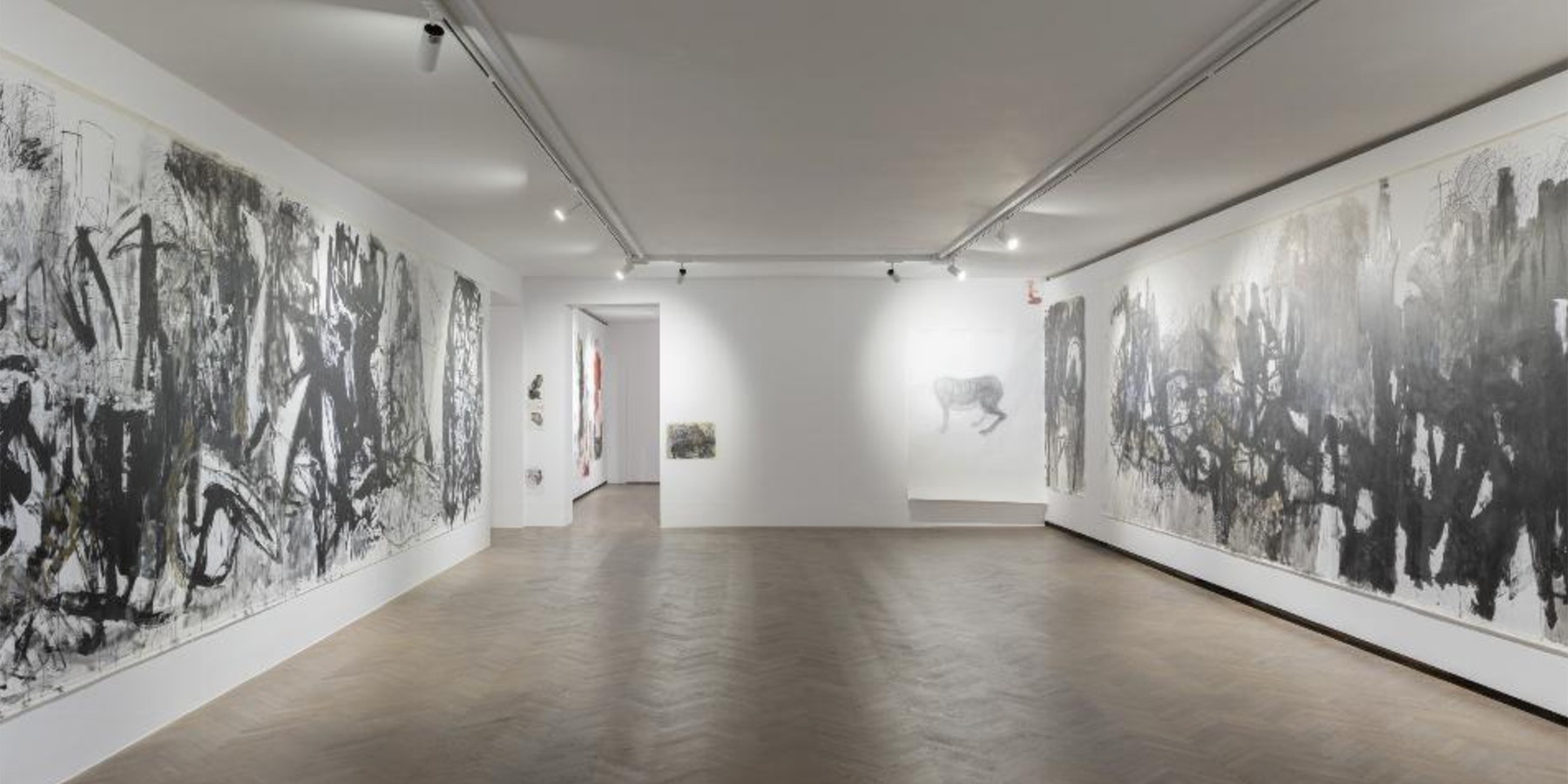
PLAN YOUR VISIT
Opening times:
Thuesday – Sunday
10:00-18:00
Last admission
to exhibition is at:
17.30
